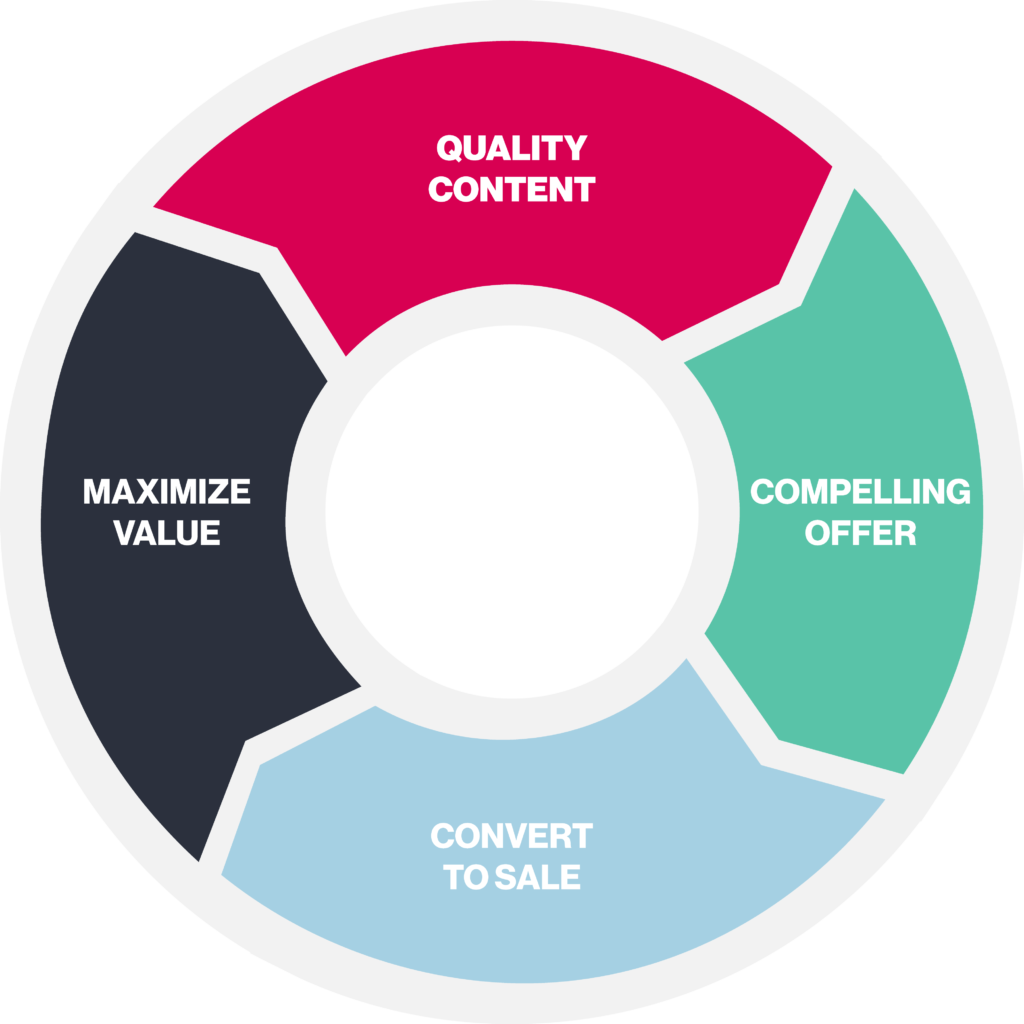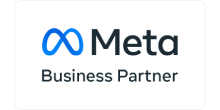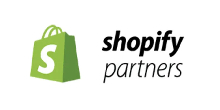Thinking about hiring a Facebook ad agency to run your ads?
Or perhaps looking to outsource your ads to a consultant?
Well, you’re in the right place!
Deciding to outsource is a huge decision and it’s important you make the right decision.
If you choose the wrong agency – and they employ questionable practices – you could risk the loss of your two most significant commodities: time and money.
Whereas, the right agency or consultancy can help you elevate your business to the next level.
This article will share the three most important things you need to know before hiring a Facebook ad agency. If you want to ensure a decent ROI and get great results from the client/agency relationship, read on.
What to expect from a great Facebook ad agency
As an ad agency owner, I’ve worked with clients from all around the world, helping them maximise their Facebook marketing campaigns.
But I’ve also outsourced my own ads and hired ad specialists, so I’ve got a pretty unique spin on the agency:client relationship.
My experience of providing and receiving ad support puts me in a unique place to advise you how to:
- Get the most out of that relationship
- Identify the jokers
- Ask the right questions to maximise ROI
Which is why I’ve created this guide 🙂
Social Media Marketing World, San Diego
I was recently in San Diego at the Social Media Marketing World event. It’s an excellent opportunity to rub shoulders with the movers and the shakers in the world of social media marketing; hence the name…obvs.
And I ran into some old pals.
When I told them that I was preparing to write this particular blog piece, they had a few things to say about it themselves. And they generously offered to add some insight.
So, you’re going to hear one tip from me regarding things to know before outsourcing your Facebook ads, one suggestion from Tony Christensen (@TonyDoesAds) and another from Amanda Robinson (@TheDigitalGal).
Want to watch this instead? You can watch the video version here:
First up, we have a little nugget of gold from Amanda Robinson.
1. Use Your Own Facebook Ad Account
Make sure that your proposed agency requests access to YOUR ad account, rather than running your ads from their own one.
Give THEM the permissions they need to access and control YOUR ad account.
It might seem awkward, but it’s critical.
Because:
If you allow an agency to use their ad account for running your campaigns, you’re essentially surrendering a vast accumulation of benefits and insights, EARNED while delivering your marketing campaigns.
There’s a tremendous amount of data about your audience to be gathered from a Facebook ad campaign. These are earned assets and are essential to the ongoing health and prosperity of your business.
If you’re not in control of your Facebook Pixel and the ad account, your business is not becoming wiser to the behaviours of your audience. And you’re not learning how to improve your engagement and reach.
You need visibility of your campaign analytics and the budget spend at all times. You should be able to track your campaign for yourself.
Don’t walk away with nothing
All relationships between ad agencies and their clients will eventually end.
But you walk away with nothing if they have run your campaigns from their ad accounts.
Every advertising campaign creates a massive wealth of valuable data, providing insight into what worked and what didn’t in relation to your past campaigns.
And – if you let the agency run your campaigns from their accounts – they keep that data.
And you walk away with nothing.
Essentially, they keep you hostage.
Own your data
Make sure that you own the data; so run your campaigns from YOUR account.
Don’t go with companies who insist otherwise.
Our Next Tip
Our next tip is from Tony Christensen (@TonyDoesAds), who told us all about developing a communication plan with the ad agency.
2. Create a Communication Plan with your Ad Agency
Before you embark on a new relationship with an ad agency, you should formalise the reporting and communication channels that you’re expecting from that relationship.
Many people who enter into partnerships with ad agencies find themselves frustrated that they don’t hear regularly enough from their agency.
Some questions to consider:
- If you’re going to get reports: what do those look like and what do they mean?
- What are the action steps for your campaign, and how does the agency intend to handle them?
- How will they communicate campaign progress, and how often?
- And in what form will you receive these updates? Will you get it by email, Facebook Messenger, phone call, video conference. Make sure you know WHERE to look for your comms.
Establishing a mode of communication early on in the relationship means that you can let them know what you want, and they can let you know what they need to make that possible.
This is about managing expectations.
Managing Expectations
If you expect more than the agency can realistically provide, then you’re going to have an unsatisfactory business relationship.
If, for example, the agency needs video content to reinforce their marketing campaigns, but you can’t facilitate or finance that, then you’re not going to get the most out of your campaign.
Manage expectations from the get-go and everyone is happy.
3. Ask the agency for a plan before you hire them
This doesn’t necessarily mean that it’s reasonable to expect an agency to spend lots of time putting together a proposal to pitch their offering.
It’s about knowing what YOU want to achieve and how they might be able to facilitate your requirements.
Know what you want
If you know what you want to achieve, it’s realistic to expect an agency to explain how they can fulfil your goals.
However:
You might not be entirely sure what’s reasonable to expect.
And that’s fine.
In that case, you should try and find out about the company ethos: what are their goals and principles, and do they align with your own?
Ask To See Their Systems
You can ask a potential partner to show you examples of systems they have used with other clients, and ask to see evidence of the campaign success.
For example, we have the Yatter Wheel, which is the system that helps us generate results for our clients. It’s something we’ve developed over time and are continually improving, based on data from campaigns and customer successes.

So, we can happily demonstrate our system, giving our clients a tangible framework that could appeal to their business need.
Ask for examples
Ask to see examples of your proposed agency’s systems and processes. And ask about the results they’ve achieved with those processes.
Ask them what they would do with your account.
And ask what they would do if their proposed approach doesn’t work: what is their Plan B, and how would they manage that?
Make sure you’re compatible
It might seem a bit presumptuous to ask an agency to prove themselves to you but, ultimately, you need to make sure that you’re compatible.
You need to make sure that they’re prepared to demonstrate that they have your best interests in mind.
And you should feel confident that they know HOW to get the results that you’re looking for.
Three Essential Tips
So, there you have it – three essential things to know before you outsource your Facebooks ads to an agency.
In the past, I’ve seen so many people burned by unscrupulous behaviour from some agencies that it feels essential that I share these critical tips.
Share
You might be hoping to generate more leads or achieve higher revenues from your existing and higher-ticket customers. If you are, you’re in the right place. Book a free consultation with one of our advertising experts and learn how Yatter can help you grow.






